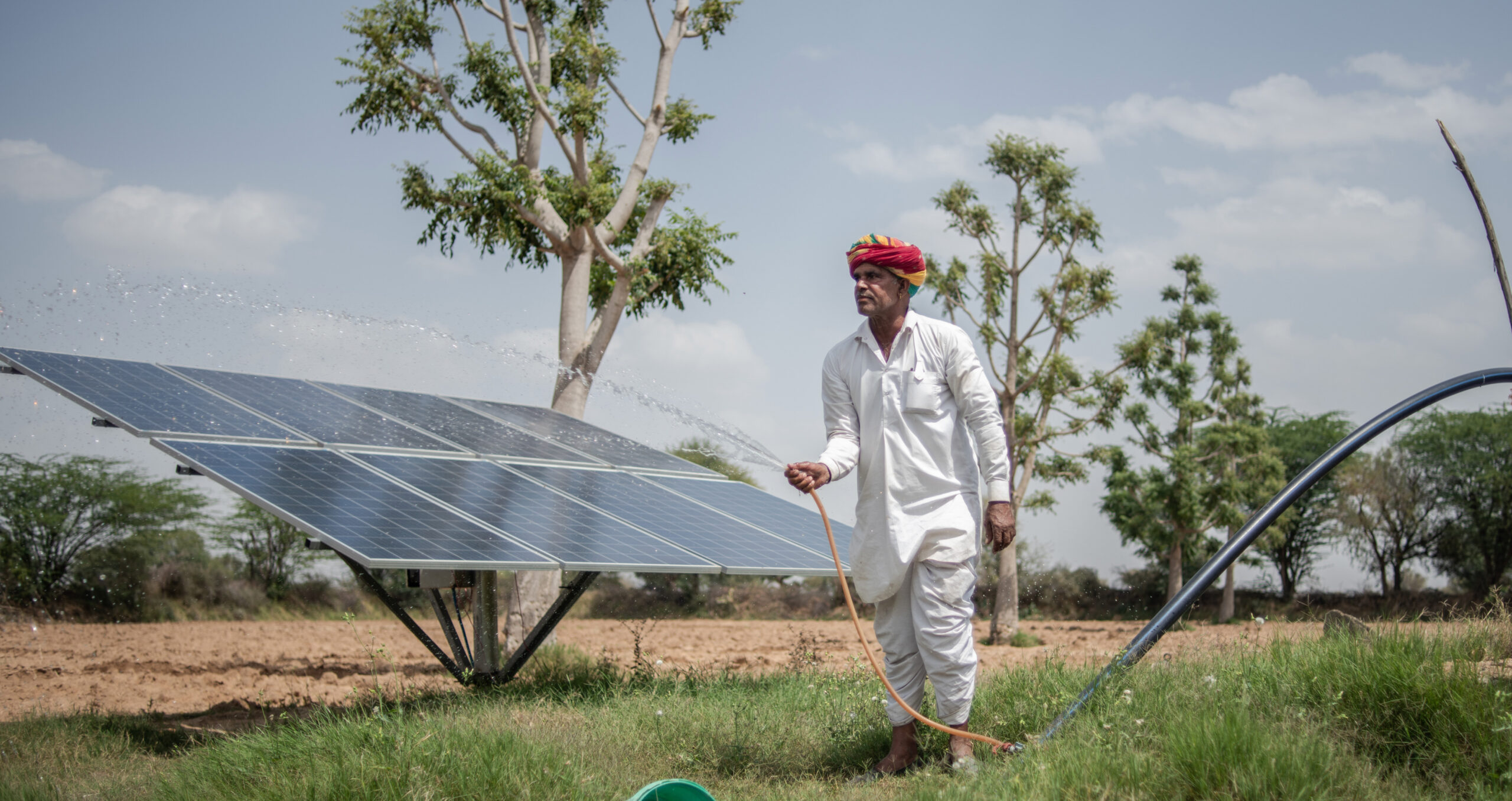
Goldman Sachs AM: Social bond investment hampered by shortage of products

The social bond market is lagging its green bond peer, with poor diversity and few products deterring investors keen to back the human aspect of sustainability, according to new research.
A perceived scarcity of products and poor diversification are the biggest barriers to investment in social bonds, a Goldman Sachs Asset Management study has found.
Investors who have yet to allocate to social bonds state the key reason holding them back is a “lack of investment products” followed by concerns around the newness of social bonds, poor product transparency and a lack of knowledge about this type of product. Scarcity of products is flagged as a top concern also for investors already exposed to the market.
Of the 722 investors surveyed by GSAM, almost two-thirds were currently invested in social bonds or interested in investing. Respondents – which include insurance companies, pension funds and banks – cited a commitment to sustainability and the bonds’ social impact as their main motivation for investment. Financial returns featured low on their list of motivating factors for exposure to social bonds.
Johannes Böhm, senior environmental, social and governance analyst at Union Investment, confirmed the study’s findings. He said the perceived lack of investment products “partly mirrors a lack of suitable underlying social assets with a strong linkage to the UN Sustainable Development Goals, such as reducing poverty and inequality or fostering quality education”.
He added: “Social bonds are little diversified within the market as relevant social assets are usually held or originated by similar types of sovereign or sub-sovereign entities, or agencies such as government-backed entities, local governments or development banks.”
Mirova portfolio manager Bertrand Rocher said: “At a market level, one can logically argue the diversification of social bonds, by sector, is narrower than the rest of the market, hence the need for sustainable bonds to enlarge the spectrum of issuers having or looking for an impact on such issues.” Sustainable bonds refer to debt whose proceeds combine environmental and social projects.
Unearthing bonds solely focused on social issues represents a challenge, Rocher told Sustainable Views, “given that it is not that easy for an issuer, especially within the corporate universe, to identify purely social projects”. He added: “Purely social bonds would, in most cases, remain too small for the wholesale bond markets, except when it comes to social housing.”
However, Climate Bonds Initiative senior sustainable debt manager Candace Partridge said: “Social bonds have the advantage of being able to specifically address social issues that may fall outside of the environmentally sustainable remit.”
Social bonds enable investors to finance socially beneficial endeavours, such as increasing access to affordable basic infrastructure, healthcare, education and gender equality. At the end of 2022, the market was valued at $464bn, or about a third the size of the green bond market.
The social bond market’s apparent underdevelopment follows a challenging period for the overall sustainable finance debt. Last year, sustainable finance bonds recorded their first fall in issuances, mirroring challenges in the broader bond market. According to data provider Refinitiv, issuances in 2022 totalled $744.3bn, a drop of 26 per cent compared with 2021.
Social bond issuances measured at $105bn in 2022, representing a 46 per cent drop on the prior year. “After seeing a rapid acceleration during the pandemic to address acute financing needs, a subsequent slowdown in issuance of social bonds belies increasing diversification and credibility of the asset class,” said David McNeil, Insight Investment’s head of responsible investment research and innovation.
He added that investors’ growing interest in positive social outcomes will likely boost the market in the future. “[There is] an increasing focus on addressing long-term socioeconomic needs through use of proceeds, as well as rising interest in social bond-focused strategies, supporting more sustainable growth in new issuance,” McNeil told Sustainable Views.
In the GSAM study, seventy per cent of respondents said they want to prioritise funding infrastructure including water, sanitation and public transport with social bonds, with food security and essential services also ranking highly.
Measuring social impact
The “GSSSB” share of the overall bond market, which represents green bonds, social bonds, sustainability bonds and sustainability-linked bonds, should reach 14 to 16 per cent this year, according to S&P Global. The data provider predicted in February that issuances should hit between $900bn to $1tn by the end of 2023.
Green bonds made up 55 per cent of the GSSSB market in 2022, up from 52 per cent the previous year, according to S&P. Social bonds, meanwhile, dropped to 19 per cent of the market, compared to 21 per cent in 2021.
“Historically, the social bond market has developed later and at a slower pace compared to green bonds,” said Federico Pezzolato, global business manager for sustainable finance at ISS Corporate Solutions. “There are several reasons for that, and one that still stands today is the lack of a solid widely recognised framework to classify the social nature of the transactions.”
Pezzolato told Sustainable Views: “The measurement of impacts is the main challenge here, and if we have well established methodologies on the green issuance space, the scenario is much less developed on social deals.”
Similar Articles

In Charts: Redemptions drag global climate fund flows to lowest level in four years

In Charts: Canada, Japan, South Korea ‘blocking clean energy transition’ with fossil fuel finance


